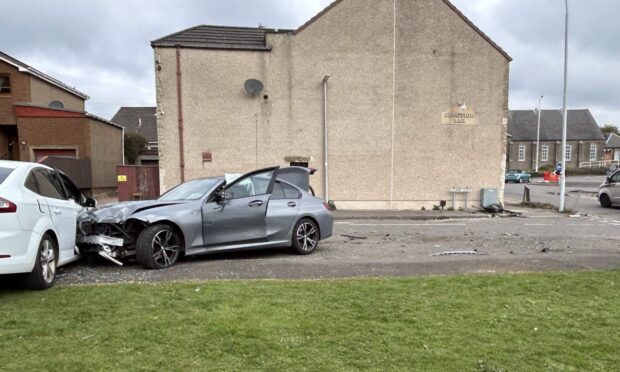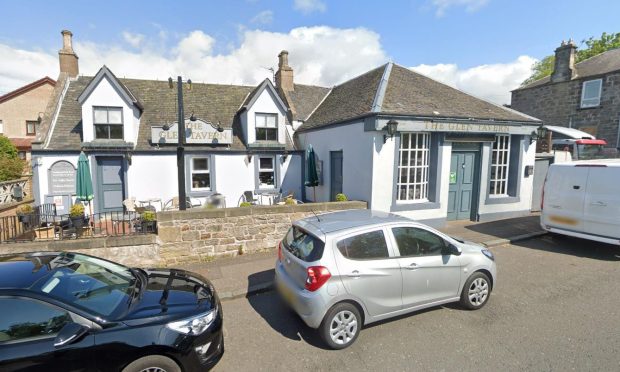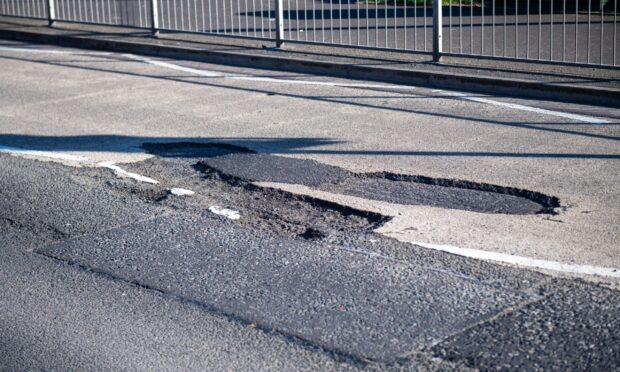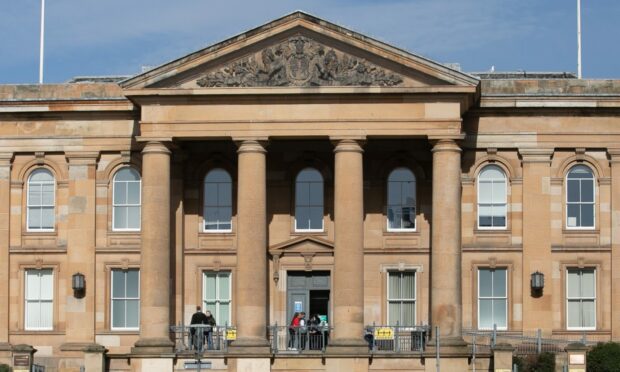Fife’s dependence on antidepressants has been thrown into sharp focus after new figures showed a huge rise in prescriptions.
Statistics obtained by The Courier have revealed that there were 467,225 prescriptions for antidepressants issued in the region last year – an average of 1,280 every single day.
The number of drugs issued, mainly for depression and anxiety, has risen by 30,000 in just three years, up from 437,638 prescriptions dispensed in 2016 and 446,152 a year later.
Health chiefs in Fife have defended the use of the pills, stressing their effectiveness in treating moderate to severe depression in combination with psychological therapies.
However, the jump in demand is likely to spark renewed debate about how best to deal with mental health issues – given the side effects that can come with antidepressant usage.
Dr Christopher McKenna, NHS Fife medical director, said the prescription of antidepressant drugs is one of a range of options available to clinicians.
He said: “Suicide remains the leading cause of death in men under the age of 50 in the UK and it is encouraging, therefore, that we are seeing greater numbers of people seek treatment in managing mental health conditions.
“Over recent years, high profile campaigns such as Pass the Badge and Walk a Mile, have sought to destigmatise mental health issues and reinforce the message that support and treatment is available.
“It is worth noting also, that drugs used in the treatment of depression are used increasingly to treat conditions such as chronic pain or bed-wetting, which subsequently contributes to the increase in their use.”
Both campaigns referred to by Dr McKenna were launched by the See Me mental health charity.
Pass the Badge invites people to wear a See Me badge for a day and pass it on to someone else to wear for the next 24 hours, while Walk a Mile sees people paired with a stranger to walk and speak about mental health.
Those are just two initiatives of many aimed at tackling stigma surrounding mental health, with the popular Andy’s Man Club – which encourages men to discuss their problems with others – proving successful in Dunfermline. Another is due to start in Glenrothes next month.
The average 53-per-hour prescription rate is similar to the national trend, with 6.6 million items dispensed in 2017/18 compared with just 3.8 million items in 2007/8 – an increase of 73.7%.
With depression among adults and children on the rise, the Royal College of Psychiatrists warned earlier this month patients who suffer severe symptoms when they come off antidepressants too quickly need more help and support.
Symptoms can include dizziness, stomach cramps, anxiety and fatigue and the Royal College of Psychiatrists wants national clinical guidelines updated.
The group’s Dr Adrian James said: “There should be more opportunity for people to discuss this with their doctors, to look at tapering, gradually reducing the dose over time, so that there is an honest debate and discussion with patients.”










